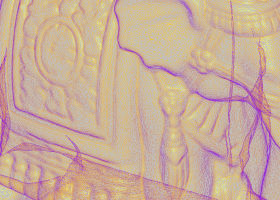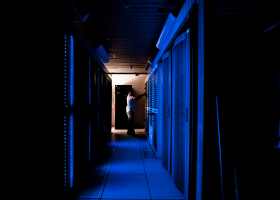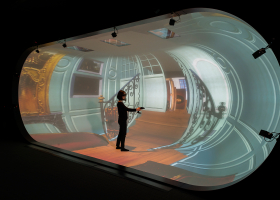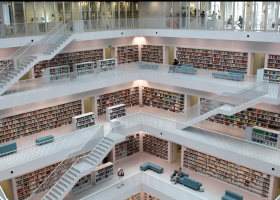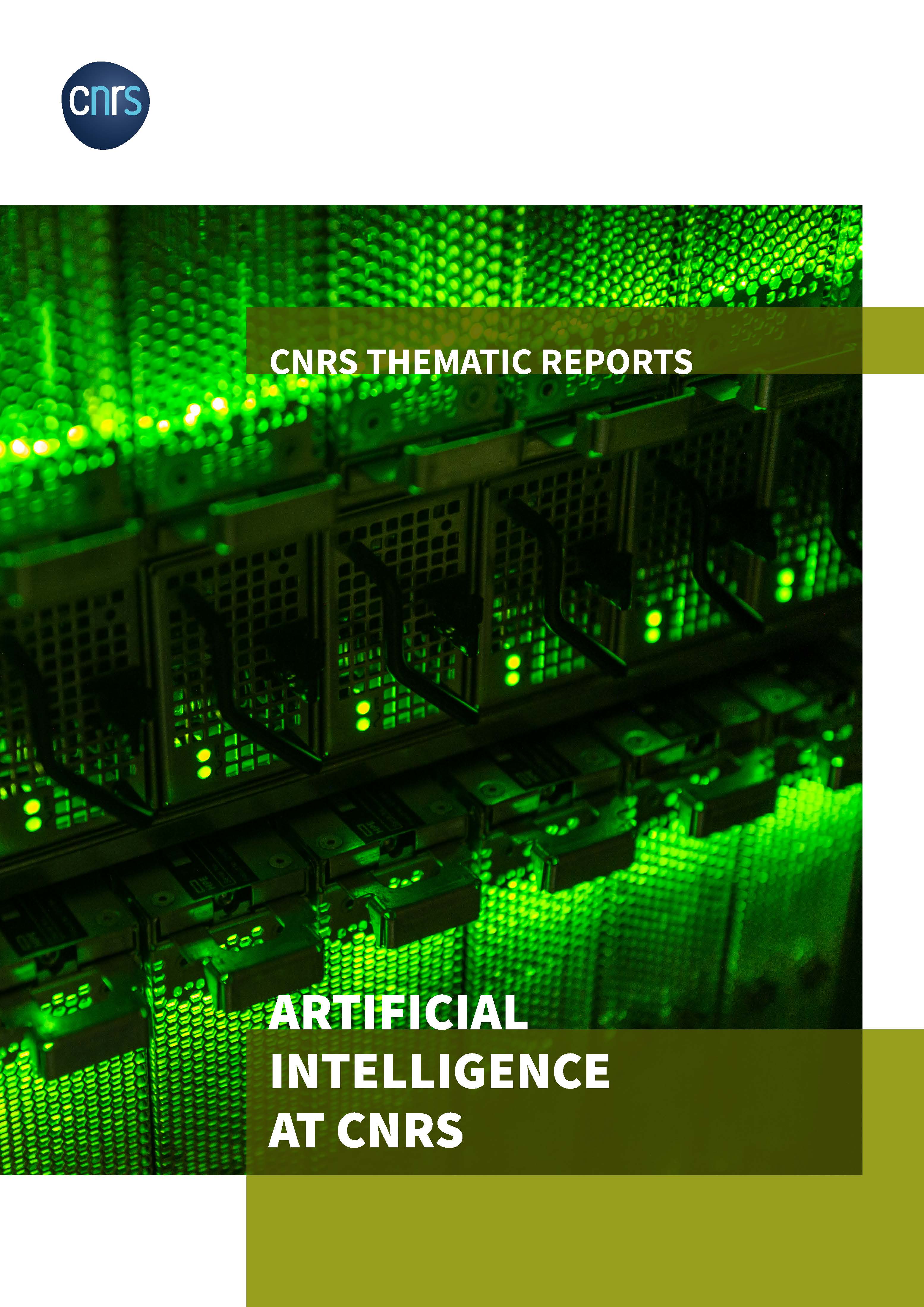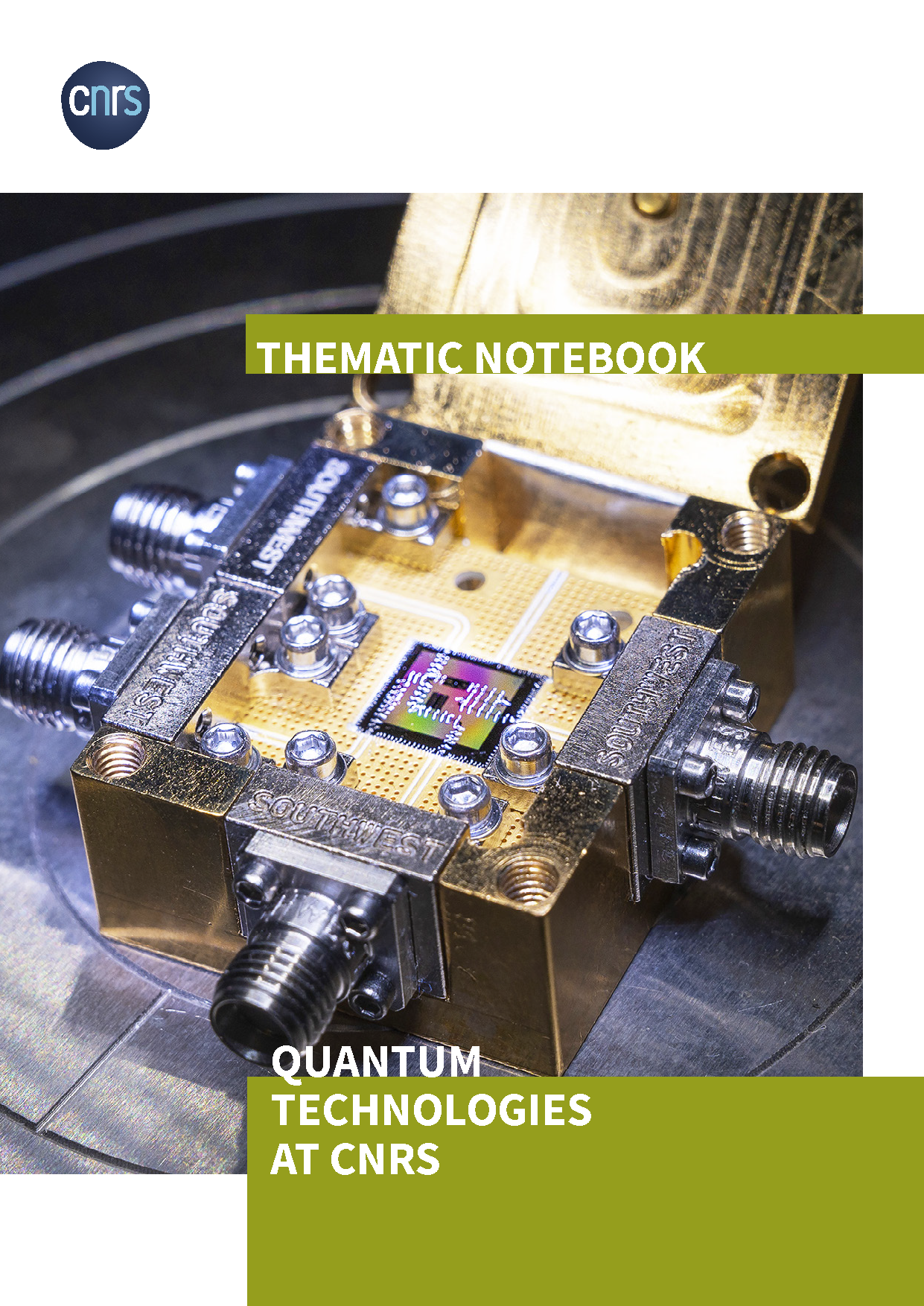Les sciences du logiciel recouvrent plusieurs communautés de recherche qui s’intéressent au processus de développement de logiciels et aux outils associés, logiciels qui vont de quelques lignes de code utilisés une seule fois à des milliers de lignes qui vont évoluer, être réutilisées et perdurer pendant plusieurs dizaines d’années. L’objectif est de construire des logiciels corrects, fiables et performants qui évolueront dans le temps et dans l’espace.
Le logiciel touche toutes les facettes de la société : télécommunications, aérospatial, transport terrestre, finance, santé, administration, éducation.
Les recherches en sciences du logiciel visent à faciliter le développement et la maintenance de logiciels informatiques complexes, fiables et durables, tout en prenant en compte les enjeux sociétaux actuels tels que la maîtrise de l’énergie, la globalisation des développements et l’intégration de l’intelligence artificielle. Elles s’étendent des méthodes formelles aux études empiriques en intégrant la construction d’outils, la fouille de codes, la vérification et la validation de logiciels.
Ce focus thématique a donné lieu à une conférence intitulée « Sciences du logiciel : de l’idée au binaire », et à un livret thématique sur les sciences du logiciel.
